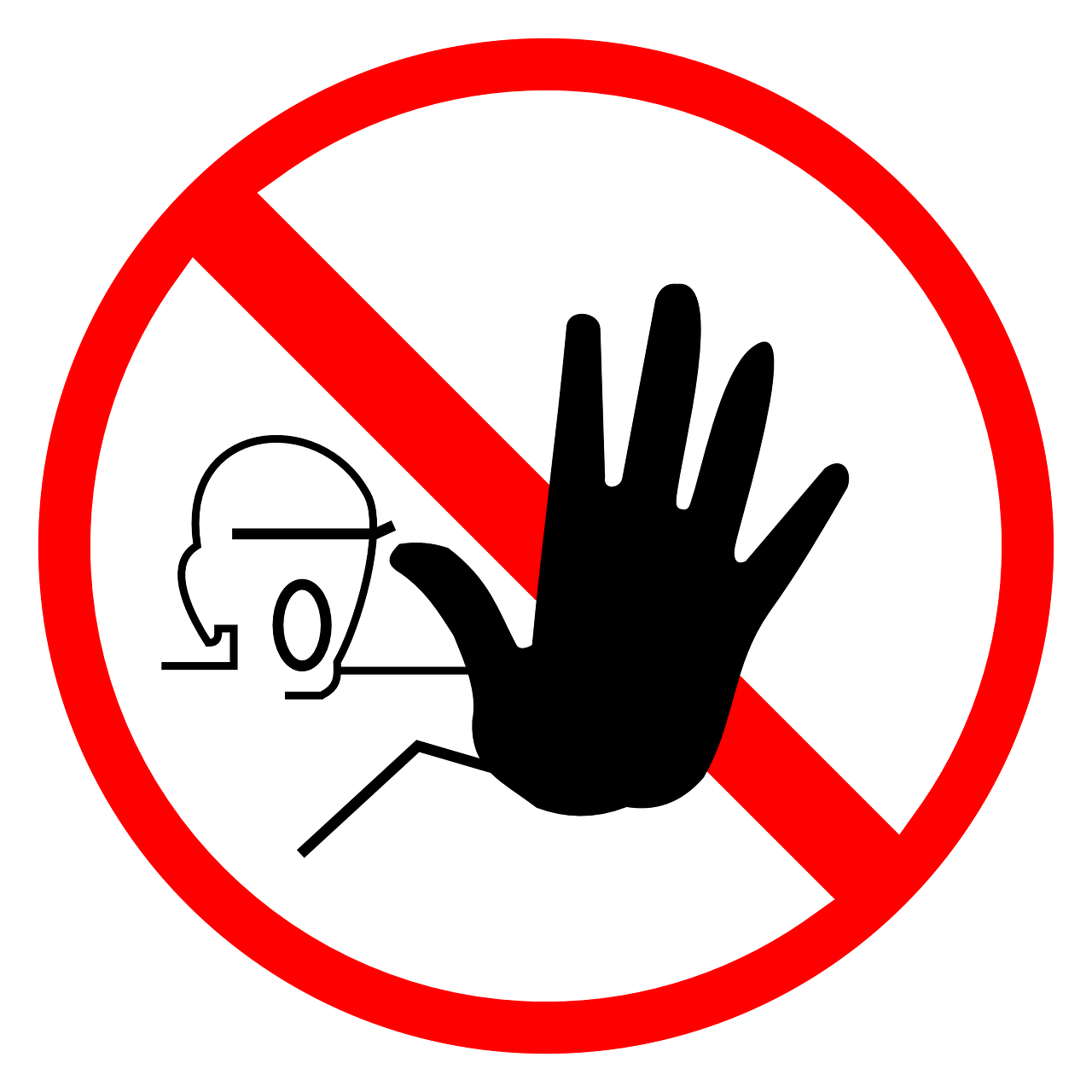Verdict reached in 'abusive behaviour' case
Judge does not allow PhD candidate back in the lab

Six months ago, a PhD candidate was banned from Utrecht University's Bloemberger building due to several anonymous complaints of "inappropriate behaviour" against him. According to these complaints, he has made remarks of a discriminatory nature in a shouting or unfriendly tone.
The PhD candidate did not admit to the accusations, so he took matters to court, arguing that the complaints came out of the blue and that he couldn't finish his PhD research without access to the building. He demanded to be allowed back in the lab until April 2024 to complete his thesis. He also wanted an apology letter in which the university would recognise that the allegations were unfounded.
The judge didn't agree with that, however. Following the anonymous complaints, the university deployed two external researchers to conduct a preliminary investigation on the case, which concluded that employees working in the building did not feel safe around the PhD candidate and that all attempts to call him out on his behaviour fell on deaf ears. UU considered this enough grounds to ban him from the building, ahead of conducting a second, factual investigation.
The preliminary investigation did not include any talks with the PhD candidate. But, since the goal of this inquiry was not to find out the truth, the judge concluded that there were no grounds to consider its results unfounded. In the judge's view, it is the university's responsibility to make sure that all employees feel safe in the workplace and the preliminary investigation revealed that there were employees who feared that inappropriate situations would happen again in the future, were the PhD candidate to have access to the building. For this reason, the university did not have to wait for the results of the factual investigation.
This second investigation, which is being carried out by the Interpersonal Integrity Committee, only started last summer because the university first tried to reach an agreement with the accused regarding the completion of his PhD. They couldn't see eye to eye, but the university is still in touch with him to see whether he can be granted partial access to the lab to conduct experiments that are required for the finalisation of his research.
The judge does consider that the PhD candidate should get a chance to react to the accusations made against him. The university claims to have talked to him about the anonymous complaints during the process, giving him the opportunity to present his version of events. According to UU, he will be able to do that again during the second investigation.